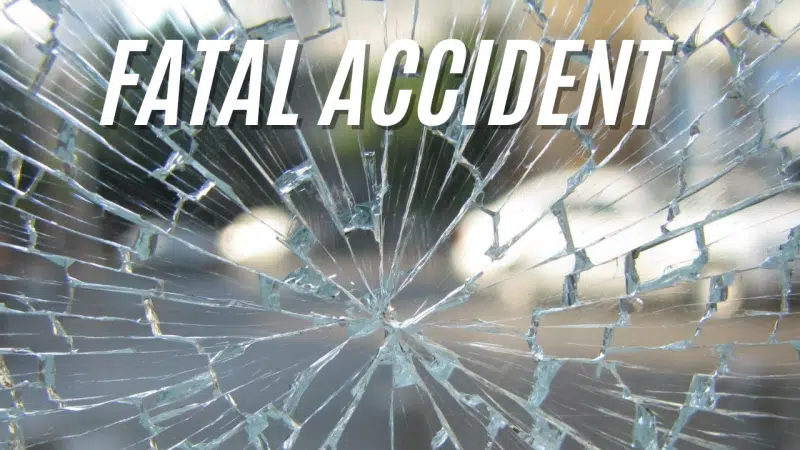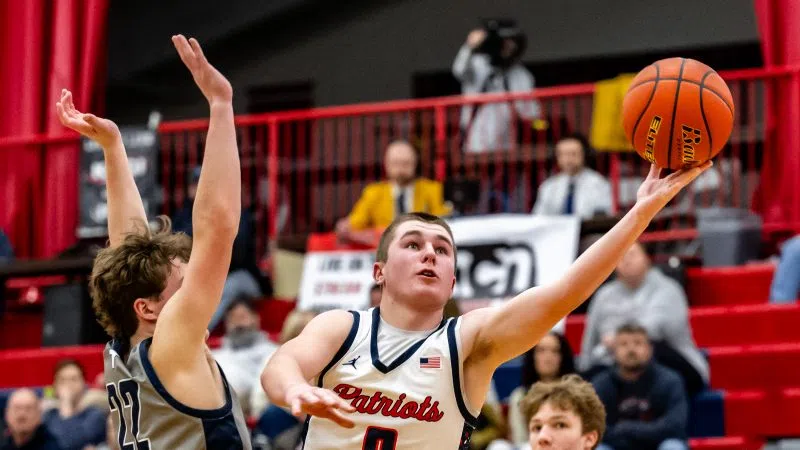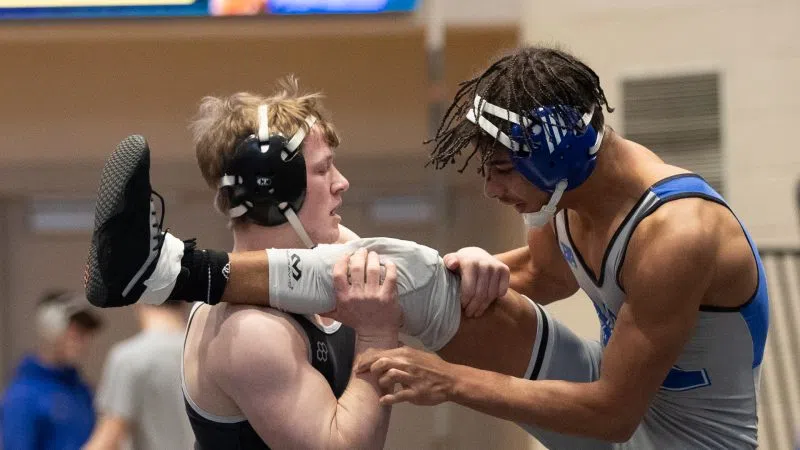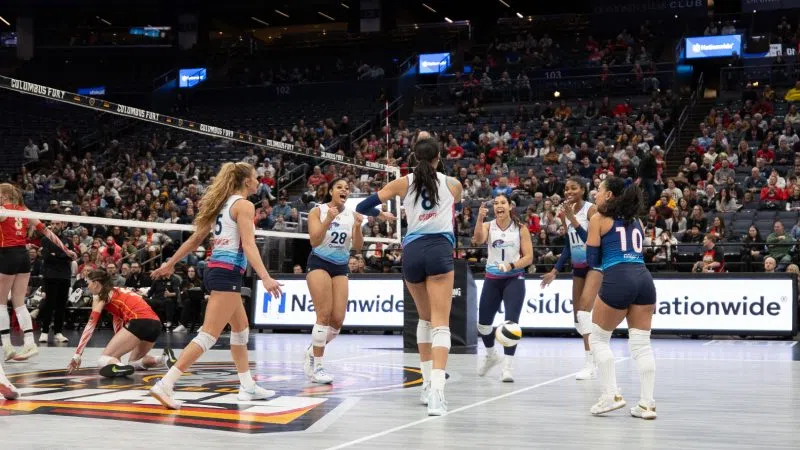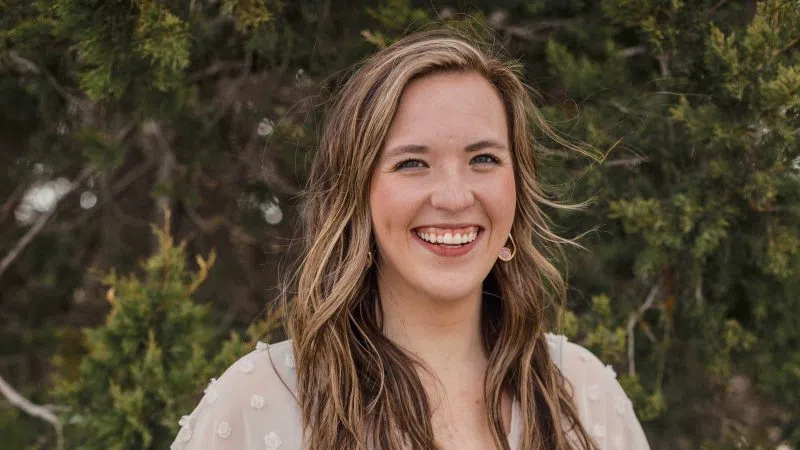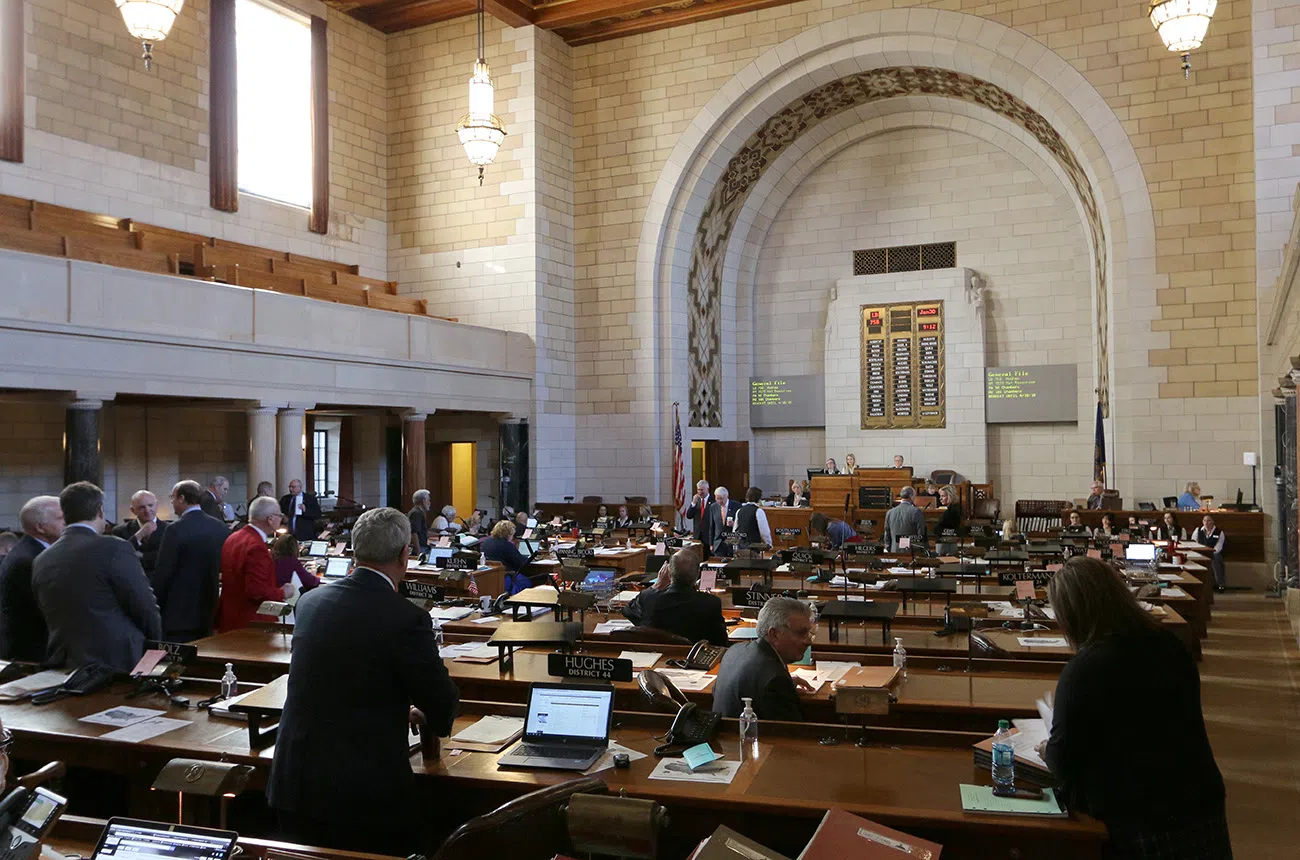
George W. Norris Legislative Chamber, (Nebraska Legislature, Courtesy)
LINCOLN — Sentiments regarding the youngest justifiable age at which a child should be lawfully detained pinged around the Nebraska State Capitol on Thursday during a back-to-back news conference special.
One headlined by Gov. Jim Pillen, law enforcement, and County Attorneys… the other featuring ACLU-Nebraska, prison reform activists, and those who experienced incarceration at a young age.
The two podiums painted different pictures.
With one held in the Governor’s Hearing Room and the other in the Rotunda, the distanced debate centered around legislative bill 556. Sponsored by Sen. Merv Riepe of Omaha, the bill would reduce the minimum age police can detain a child in Nebraska from 13 to 11 years old when the child’s detention is recommended and agreed upon between a probation officer and a judge.
Additionally, bill would also allow children as young as 12 to be charged in adult court when they’re accused of crimes such as murder, assault, sexual assault, robbery, burglary and certain drugs and weapons charges. Currently, children must be at least 14 years old to be charged in adult court.
While Pillen and Riepe’s support could be summarized as equipping the courts with the appropriate tools to “protect the community,” Douglas County Attorney Don Kleine and Sheriff Aaron Hanson portrayed a hand-tied justice system, hands-full with repeat juvenile criminals.
Citing past involvement with the gang unit at the Omaha Police Department, Sherriff Hanson made the claim that repeat felonious juvenile crimes have seen an over 1,500% increase in Douglas County since 2017.
“Those are unique felonies committed on different occasions by high risk repeat juvenile offenders,” Hanson said. “They progress their way from car theft to carjacking to shootings to homicides. We need to be focused on those innocent people… I can’t think of one young person that falls into the ‘5+ repeat juvenile offender’ category that did not ultimately age out of the juvenile system and end up in the adult criminal justice system, throwing their lives away.”
“We need better tools to address these issues,” said Kleine. “When we’re talking about detention, the judge will ultimately determine detention. We just want to have the ability to detain young people.”
Repeated references were made to a recent homicide case in Omaha from August of 2024. An 11-year-old Omaha boy faced a dozen felony charges, including first-degree murder, in the fatal shooting last summer of a man returning home from his shift as an Uber driver. All charges were dismissed on Jan. 15 after the youth was found incompetent to stand trial, and the court records have been sealed, the Omaha World-Herald reported.
Kleine said he has had parents call him, pleading for their child to be detained to avoid the possibility of them getting harmed.
In the Rotunda, however, opponents of LB556 called for a proactive — not reactive — approach to addressing crime amongst children.
Senators Terrell McKinney and Ashlei Spivey, both representing northern Omaha, dismissed the bill as an effective approach to the issue. Both lawmakers said this legislation would disproportionately impact their districts, due to racial disparities in law enforcement.
“These are my neighbors, this is my family, this is my community that will be impacted by the legislation that was put forth by people that do not have the lived experience, relationships, or knowledge around what is really needed to address what we are seeing happening to our kids,” said Spivey. “Our kids do not have opportunity and access. By putting them in cages, by extending sentencing, by charging them as adults, we are saying that their lives do not matter. We are willing to throw them away. That doesn’t work for me.”
Spivey pointed toward forthcoming legislation authored by her and McKinney, which she says will offer a better solution. Their bills will shift the funds given to local crime commissions and redirect those to community based organizations which offer preventative measures, as well as addressing sentencing reform.
“Those are the types of things we need. We need safe and secure housing. We need a strong education system. We need kids being able to have access to jobs and family support so they are not isolated,” she said.
“We must not throw away children, no matter how terrible they act, no matter how terrible the action they have committed,” said Jason Witmer, Policy fellow with ACLU Nebraska. “We are about accountability, rehabilitation, second chances, and assurance that every young person has the opportunity to reform and find their way… Prosecuting children as adults does not make our community safer.”
Sharing her personal experiences with the justice system at a young age, Nature Villegas said her involvement in the system from the age of 9 to 33 did not offer her rehabilitation.
“If I don’t have the tools I need to be successful in life, and you throw me in a concrete cell where I’m treated like trash?” Villegas posed, rhetorically to reporters covering the conference, “I was one of those children that Nebraska said, ‘You are nothing. You will never be anything. You’re not ever going anywhere’… I didn’t get rehabilitated. I got habilitated. It took restorative justice. It took healing, repairing, restoring. The main ingredient: Accountability. I have to be accountable to the harms that happen to me so I can heal from it, so I don’t bleed out onto my community.”
Former Lincoln State Senator Patty Pansing Brooks, a board member of the child advocacy non-profit Voices for Children, also spoke in opposition of the bill.
“I’m wondering if those kids can bring their Friday spelling list with them to detention,” she somewhat quipped. “We’re talking about young kids. This legislation walks back years of efforts to ensure our system has a right-sized, evidence based, and effective response to our Nebraska children.”
LB 556 has yet to be scheduled for committee hearing.


